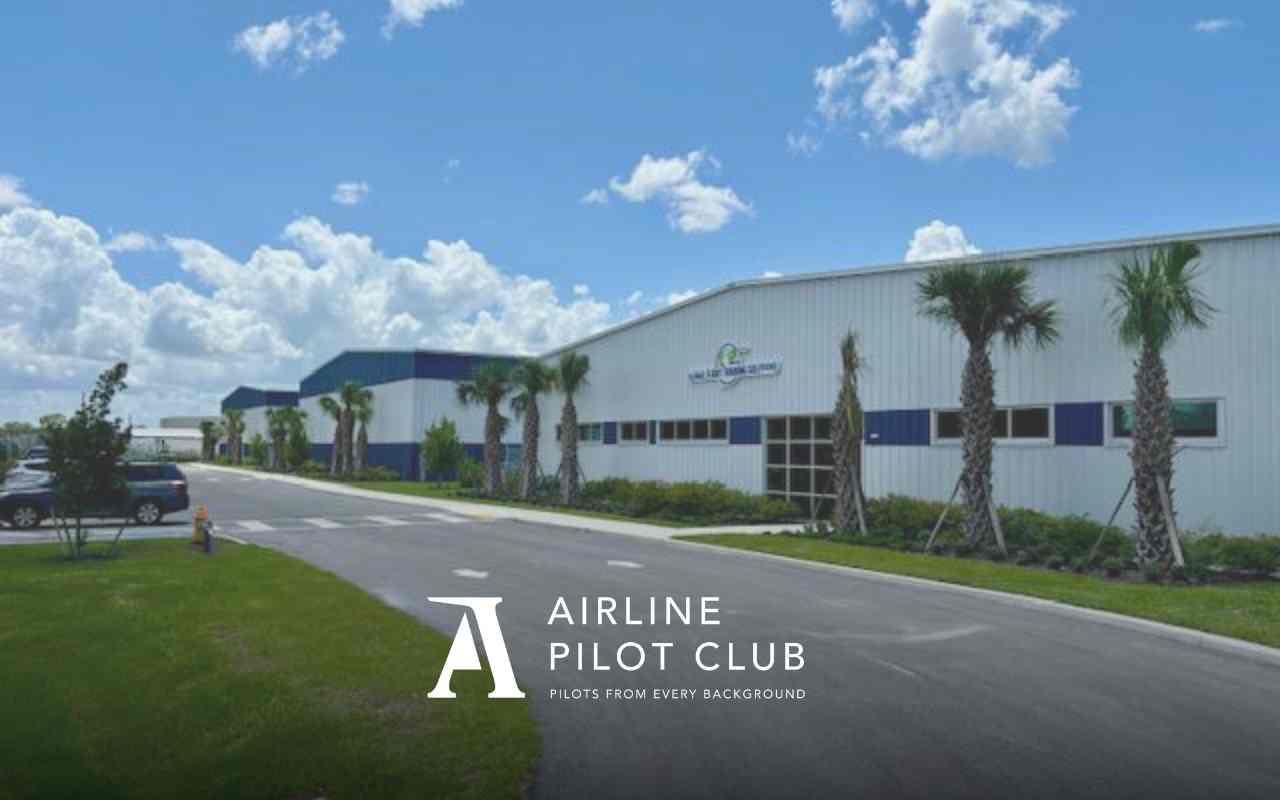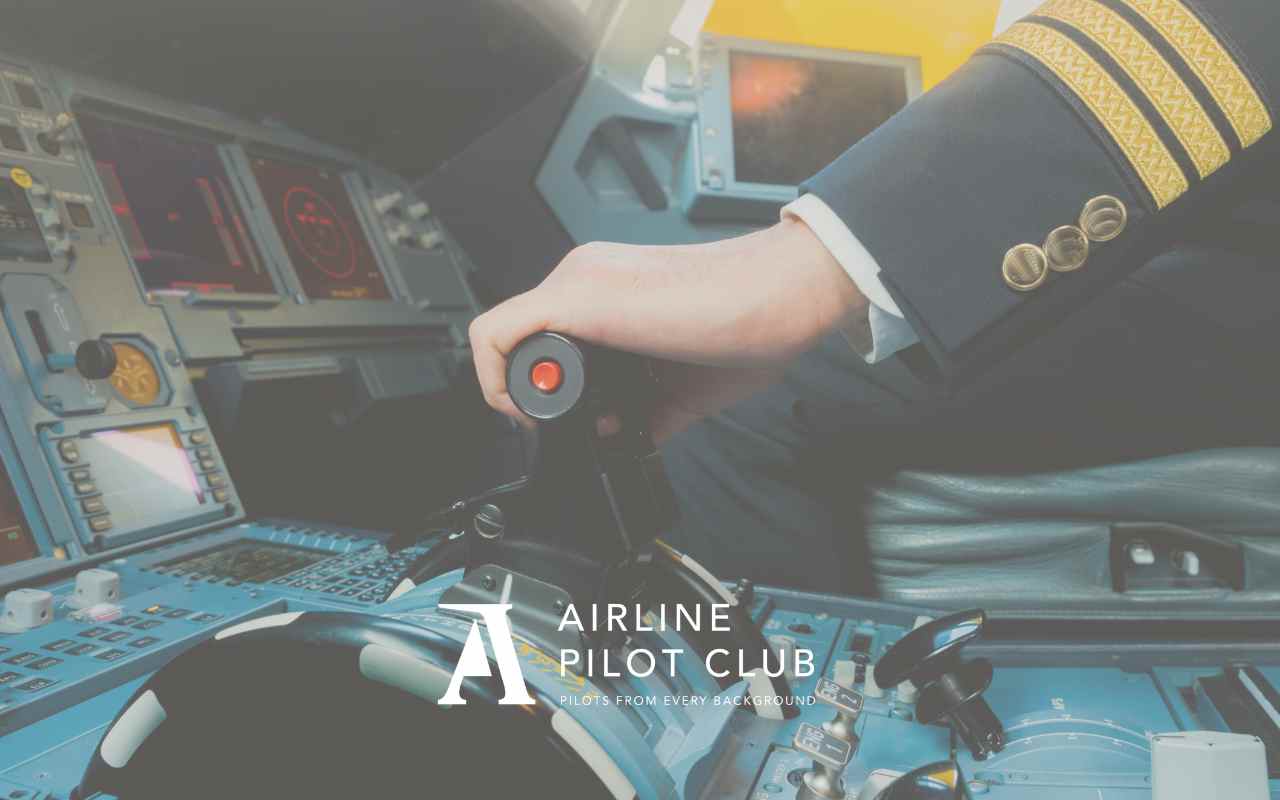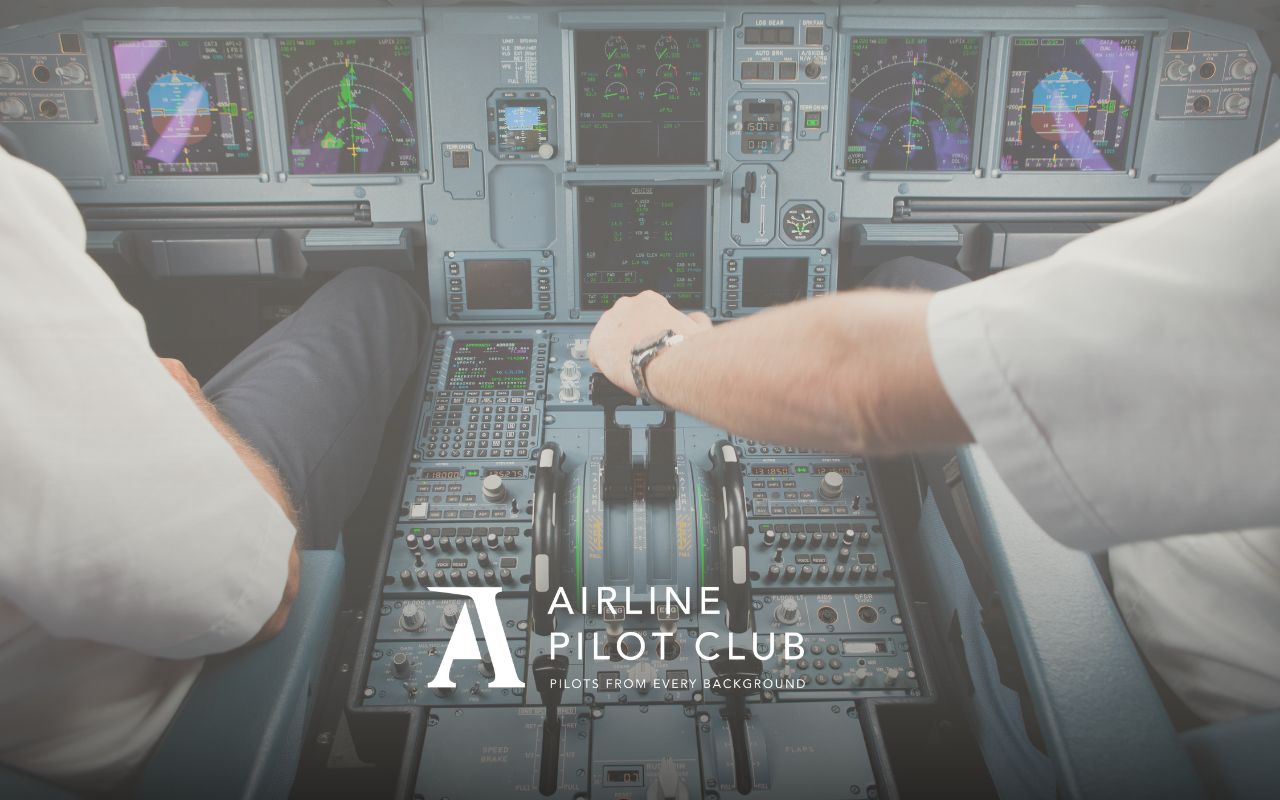Published: 12 September 2022
At a time when the conversation at pilot fairs in recent months has been about the low footfall of aspiring young people planning and researching a career as an airline pilot, it is important to explain what the requirements are that make a pilot safe, effective, and competent pilot to the next generation.
One of the most beneficial developments in thinking regarding the airline pilot and their critical role in safety, has been the description of, and ability to assess, fundamental attributes and personality requirements, once known as core competencies. When taken together these Pilot Competencies describe the knowledge, skills, attributes, and abilities of the person who will make a great pilot and have an enjoyable career.

Much has been made about the benefits of CBTA (Competency Based Training and Assessment). For many, CBTA is seen as a panacea to the training industry’s difficulties that leads to the qualification of pilots who are unable to get a job, despite being a licence holder.
CBTA certainly offers hope. A well-constructed, well resourced, well managed, well instructed, well overseen CBTA course will provide the benefits that many are hoping will flow, when this training system is fully in place.
But before that, the other benefit that arises from the development of the Pilot Competencies is the simple nature of the Competencies themselves and how they are based in common sense.
The nine competencies generally accepted as being pilot competencies are a combination of those conceived by ICAO and EASA. Of the nine, flight path management through automation and through manual handling of the aircraft are firmly rooted in a technical ability.
The seven other competencies are transferrable to, or from, any occupation - be it school, university, the shop or factory floor, the office environment, front line services, parents at home: ordinary people working their way through the challenges of modern life.
This is extremely fortunate. As the footfall of young white males at pilot fairs dwindles, our industry’s ability to communicate the accessibility of the airline pilot career to people from every background will be crucial. We must attract the human talent required to enable the airline industry to grow, regardless of difficulties such as climate change and other issues that might temporarily hinder growth.
It will always be the case that piloting an aircraft is a challenging, safety critical, stressful, and demanding task/career/profession. While that is true, it does not mean that there is any elitism associated with the airline pilot career. Elitism did not work in the military when pilots were selected because of their ability to be a great a horseman (as it was then known) or their family background. This policy was soon put to rest when the pressures of supplying crews to air forces meant that the net had to be cast wider and people from every background were chosen, trained and went on to become extremely effective pilots during war time and subsequently in the early days of the civil aviation industry.
In a similar way, the airline industry needs to cast the net wider and to attract, screen and prepare more people from every background into the industry so that safe, effective, and plentiful air crew are available to the industry as it grows. Explaining that Pilot Competencies are Human Competencies and providing free insights and entry points into the career is The Airline Pilot Club approach to attracting people from every background into our industry.
.jpg)



